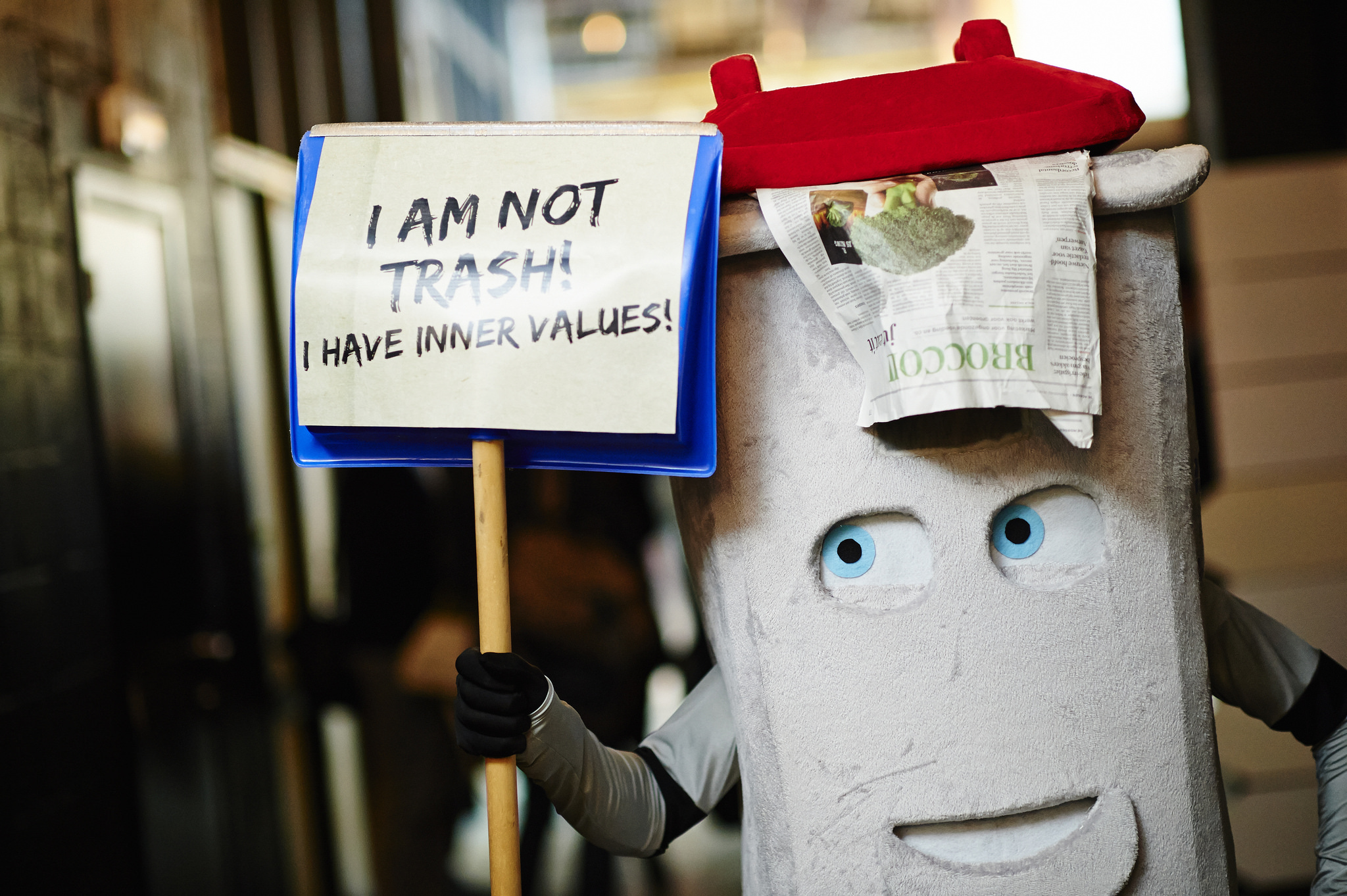
The importance of sustainable consumption and production patterns was highlighted by the UN’s Open Working Group Proposal for Sustainable Development Goals. The default model of ‘take-make-consume-dispose’ is unsustainable, expensive for both manufacturer and consumer, and environmentally damaging. There are significant potential benefits of achieving a more circular economy; to the environment, the economy and communities.
The Circular Economy is defined as follows: ‘Waste materials and products become the raw material for industry, commerce and manufacturing. Effectively, waste is designed out of the system, and materials are continuously flowing through the supply chain and are retained by businesses and the economy’ (The Ellen McArthur Foundation, Scotland and the Circular Economy).
The importance of the Circular Economy is also an emerging priority among key stakeholders in Scotland. Yet it remains poorly understood and rarely implemented on a national scale; there are many challenges to overcome, and flexible innovation will be essential for the successful implementation of a circular economy within Scotland. Knowledge and understanding are vital first steps, but to create a genuine circular economy new and improved business models, technology and knowledge are needed.
This programme sought to establish a Scottish network with broad participation from industry, government and the third sector to identify technologies and knowledge that can help Scotland progress towards a zero waste and circular economy. The programme aimed to support, drive and promote collaboration and engagement between researchers, government and industry. The team focused on engaging a wide range of businesses and on understanding the problems they face in becoming part of the circular economy, be those problems technical, financial or managerial.